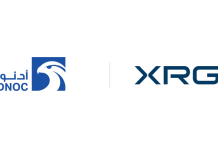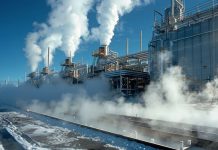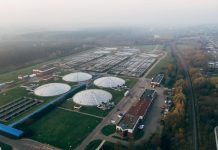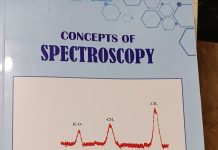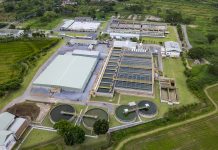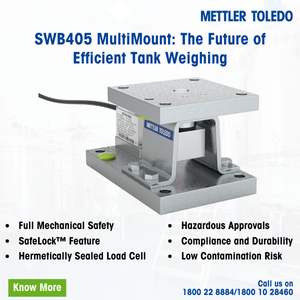Evonik revealed plans to boost its sodium methylate production capacity at its Rosario plant in Santa Fe Province, Argentina. The expansion solidifies the company’s role as a prominent player in the biofuels sector, enhancing innovation and sustainability across South America.
In response to rising demand for biofuels, the plant’s annual capacity will increase by 50%, from 60,000 tons to 90,000 tons. The expansion of high-performance sodium methylate catalysts is expected to boost biodiesel production and lower costs throughout the region.
Dr. Hendrik Schönfelder, Regional President for Central and South America at Evonik, emphasized the significance of the plant for Argentina and neighbouring countries, with Brazil being a major export market. He noted that this investment not only contributes to local economic growth but also supports regional resilience.
The timing of this expansion is particularly relevant given Brazil’s recent decision to raise mandatory biodiesel blending quotas to 15% (B15) by 2025. It also supports New Industry Brazil (NIB)’s goal of increasing the share of biofuels in the transportation sector.
Cauê de Arruda, Head of Evonik Catalysts for Central and South America, highlighted that this expansion, along with the new alkoxide plant in Singapore, reinforces Evonik’s position as a leading global catalyst manufacturer and its ongoing commitment to sustainable development and industry leadership.
The expansion aligns with Evonik’s broader global strategy to drive progress in the biodiesel industry. Dr. Harald Schwager, a member of Evonik’s Executive Board, noted that South America is a crucial area for growth and that the company aims to be closely connected with its customers in both the Americas and Asia.
As reported by hydrocarbonprocessing.com, the enhanced production capabilities will provide businesses with a cost-effective and efficient solution for reducing carbon emissions and dependence on fossil fuels, thus supporting broader greenhouse gas (GHG) reduction goals.


